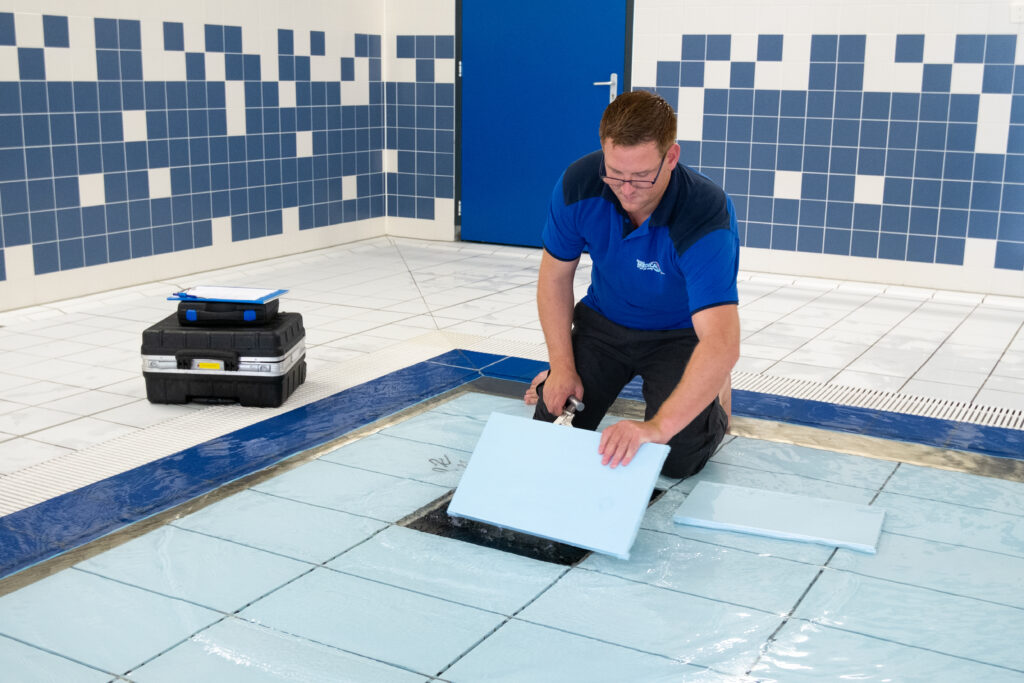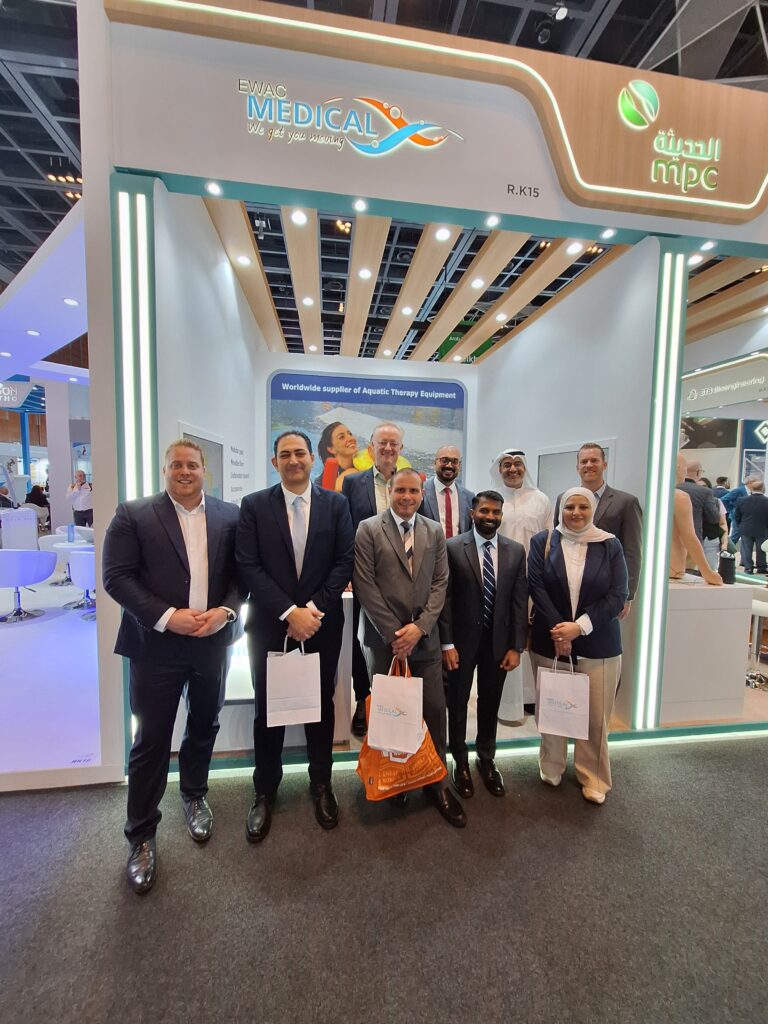In a new and quite groundbreaking study, Javier Güeita-Rodríguez has found a positive and measurable correlation between Aquatic Therapy as an intervention and physical competence, school functioning and aquatic skills. The study has also produced positive qualitative effects on social interaction and social communication.
Abstract: Autism Spectrum Disorder (ASD) is a constellation of social deficits and repetitive sensory-motor behaviours. Aquatic therapy (AT) may be effective in improving the social interactions and behaviours in children with ASD. The objective of this study was to evaluate the effects of an AT program on social competence and quality of life and to understand participant’s experiences related to the intervention by obtaining qualitative data. A mixed methods intervention study was conducted among 6 children with ASD and their parents, with two research phases in a concurrent embedded design (an aquatic intervention as the quantitative design and a qualitative design in second step). The intervention and qualitative design followed international guidelines and were integrated into the method and reporting subheadings. Significant improvement was observed in the physical competence (p = 0.026) and important improvements in school functioning and aquatic skills, with no adverse events. Qualitative findings described: the meaning of AT intervention, patterns of behaviour and activities changes, social communication and social interaction. The aquatic intervention showed positive results for the social and physical competence, with elements of discordance, expansion, and confirmation between quantitative and qualitative results.




